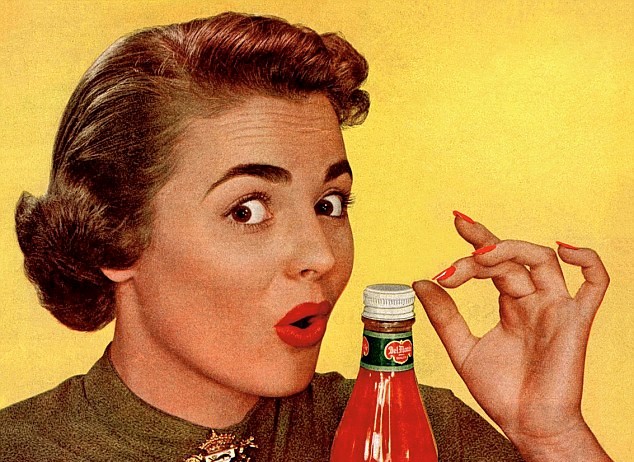Our digitally-accelerated life styles have gradually erased our patience and expectations in life. Fifty-Five percent of visitors read articles for 15 seconds or less, so chances are you won’t read this article until the end, and if you do then congratulations, you clearly have more patience and interest than the average reader.
This fast-paced, next day delivery lifestyle has also tarnished our brand loyalty, which is putting serious pressure on traditional brands which once could survive on trust and loyalty alone.
According to a Forbes article, declining market share among 90% of the top brands has hit these companies hard. In an age where we change brands quicker than we changes our Facebook statues, top brands are clearly struggling to keep us buying.
Though it might be easy to point an accusatory finger at technology eroding our patience and respect for classic traditions. First, let us understand from a holistic perspective why we are now open to change more than ever.
Generations before, loyalty meant sticking with what you know and trust. A doctor, a launderer, or even your favourite cereal. Now our openness to change, exploring new options and willingness to try something new has been dramatically enhanced by changes within society. For example, as technology increases, so do the means of making our lives easier.
Previously we may have been willing to wait an extra 10 minutes for a trusted licensed taxi on the street rather than ordering a stranger to come pick you up using some obscure new app. Now we understand that technology is moving at a rate faster than ever and early adopters are becoming increasingly open to new concepts and services.
This has left those who are more resilient to change being left behind, too slow to catch up with the crowd, subscribing to the older, more inefficient methods.
Moreover, other areas of our lives are adapting and changing, such as employment which has scrapped the traditional model of employee loyalty and opted for a more flexible and adjustable career path. We no longer live in a world where a gold watch from your company is the prime symbol of achievement.
Instead, millennials drift through companies with short 2-3 year stints, building up a collection of roles and positions, forever adapting to their changing surroundings. This attitude nurtures a mentality of that change is natural, common and almost always acceptable, and through cultural osmosis, this mentality has spread into other areas of our life, including our purchasing decisions.
Additionally, culture changes surrounding societal norms, such as dress sense, sexual orientation and morals – from a more rigid set of ideas, to a more liberal understanding that different is good. We can see a similar trend when looking at religion. Adults who say they are atheists or agnostic now constitute 23% of the population, up from 17% just 10 years ago. One third of millennials say the same.
If you are now panicking that brand loyalty is dead and you are ready to fire your marketing team, have no fear, there are methods you can employ to ensure your customers keep coming back.
According to a study, When it comes to pushing brand loyalty, coupons and special offers ranked highly among what people wanted to see from brands. Nearly half (46 percent) specifically asked for more “loyalty schemes”. Exclusive access to offers and products would be compelling for 39 percent. And over a third (36 percent) would even like to see time-sensitive offers.
While more than half of the respondents (52 percent) said they would pay more for the brand’s “good service”, there was also an indication that loyalty programs could help as well. Almost a third of the people surveyed by the researchers (32 percent) indicated they would pay more if it were tied to rewards.
Furthermore, you can recruit the services of experienced marketing organisations, such as Digital Pivot, that can help to promote your brand. A company like this can focus on areas such as digital brand reputation and SEO to help your brand stand out.
This might be a difficult time for those who want to create a lasting relationship with their customers, however, through the right methods it is possible to deliver a message which resonates with customers, drawing them back in again and again.










